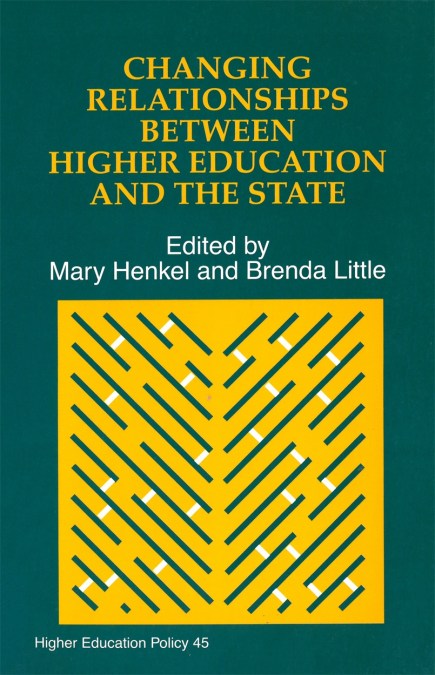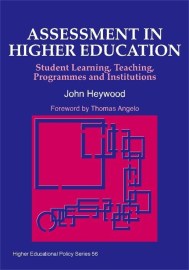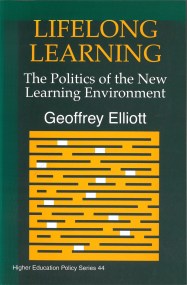Examining the patterns of change in relationships between higher education systems and the state throughout Europe, the contributors explore the main theoretical and policy options available to policymakers, and the issues they raise for governments, institutions and academics. The book covers the following themes:
· the funding of higher education
· the impacts of quality assurance and evaluation
· higher education and graduate employment
· managing diversity in higher education systems
· the impact of change on the internal structures of higher education institutions.
Changing Relationships Between Higher Education and the State provides both descriptive models of the relationships and authoritative and incisive analysis of the politics, economics and organisation of advanced learning in Europe today.
· the funding of higher education
· the impacts of quality assurance and evaluation
· higher education and graduate employment
· managing diversity in higher education systems
· the impact of change on the internal structures of higher education institutions.
Changing Relationships Between Higher Education and the State provides both descriptive models of the relationships and authoritative and incisive analysis of the politics, economics and organisation of advanced learning in Europe today.
Newsletter Signup
By clicking ‘Sign Up,’ I acknowledge that I have read and agree to Hachette Book Group’s Privacy Policy and Terms of Use
Reviews
The comprises chapters from 22 contributers ranging from theoretical pieces defining concepts to detailed studies based on empirical research. The underlying currants of change which are held to influence the diverse relationships between HE and the state; the blurring of the boundaries between the state and the market, (between public and private sectors); massification and the ensuing diversification of HE and changing assumptions about the production of knowledge and the role played in this by institutions. Overall the book provides a varied and useful investigation into the relationship of Higher Education and the State. The papers are accessible to those without prior knowledge of the debates and relevant to a wide range of readers.







